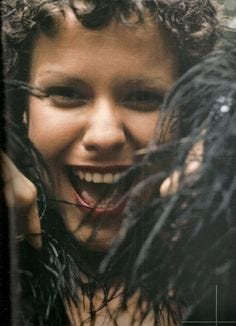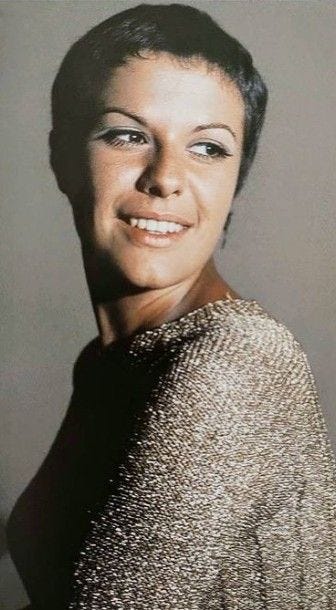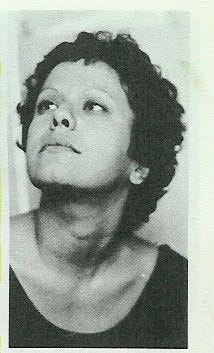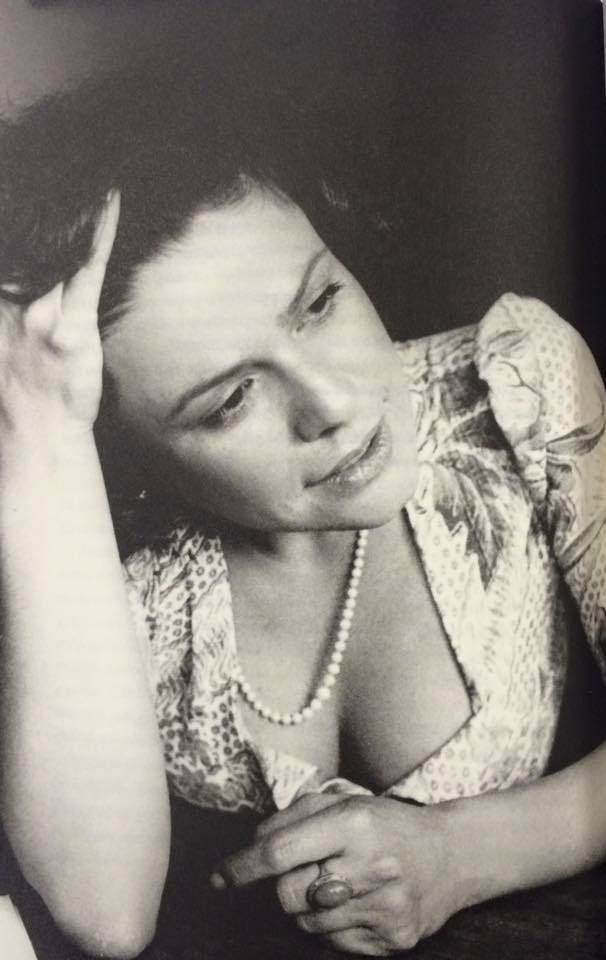Between the wall and the sword, I cast myself upon the sword.
A thought or two about Elis Regina.




Here are some things I want to say, as I think about the beauty of a woman who died when I was four years old. The thoughts are not firmly connected.
To Brazilian singer Elis Regina, one of the most beautiful women to ever walk the earth, are attributed the words “between the wall and the sword, I cast myself upon the sword.”
There are two Iberian saying meaning basically the same thing as “between a rock and a hard place” or “between the devil and the deep blue sea” or “between Scylla and Charybdis”. Both involve swords.
The first is more common in Spain than in Portugal. It is the romantic and swashbuckling “between the sword and the wall”.
The second is more common in Portugal, “between the cross and the sword”. At first glance, it may also appear romantic, suggesting a choice a Christian might have to make between war and peace, as in the movie The Mission. But no. Its origins are from the Jewish experience in Iberia when forced conversions began. It doesn’t just speak of a difficult choice; the cross is a difficulty, is the hard place.
Elis Regina died at age 36, in 1982, of an apparent drug overdose. She had become a symbol of resistance to the military dictatorship, but she was an unusual symbol. She didn’t go into exile or write thinly veiled songs criticizing the military junta. She was beautiful and fiery and flamboyant. She performed songs of everyday beauty and fire and flamboyance, and called the military “gorillas” and “thugs” to their faces.
She became an embodiment of the glad and tragic Brazilian spirit. The attribution of this saying to her is a perfect projection of a people’s vicarious yearning to be bold and beautiful in hard times, to be romantic in the face of modern ugliness. When she was cast upon the sword, 15,000 people accompanied her casket to the cemetery.
Elis laughed, and Elis suffered. Death came for her, death comes for music, death comes for us all. “What does it matter that you are good? Be beautiful, and be sad.”1
The world is between the cross and the sword, but now the cross is cast upon the ground. It must be taken up. The sword will kill us; the cross, if taken up, will kill us. Between death and death, I choose death. Between the cross and the sword, I cast myself upon the cross. I choose life.
One of the songs Elis Regina made enormously popular was Maria Maria, written by Milton Nascimento. It’s a song about “a woman who deserves to live and love like any other on the planet”.
The song returns every verse to a call for strength, for grace, for wisdom, for understanding, for perseverance, for tenacity. But the second verse has always struck me most.
Maria, Maria, é o som, é a cor, é o suor
É a dose mais forte e lenta
De uma gente que ri quando deve chorar
E não vive, apenas aguenta.
Maria, Maria, is the sound, the color, the sweat,
The strongest and slowest draught
Of a people that laughs when it ought to cry,
That won't live, but merely endures.A people that laughs when it ought to cry. That’s my Brazil. That, I suppose, is my human race.
The video below is a recording of Maria Maria in concert, with video footage of Elis Regina at various points in her career. If you’d like to watch an entire concert, her complete performance at Montreux Jazz Festival in 1979 may be the most intense and energetic concert you’ll ever see.
That old degenerate, Baudelaire. I quote this often.




Love to discover more MPB.